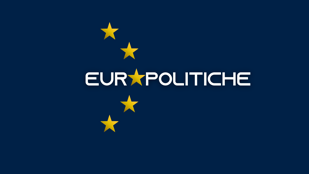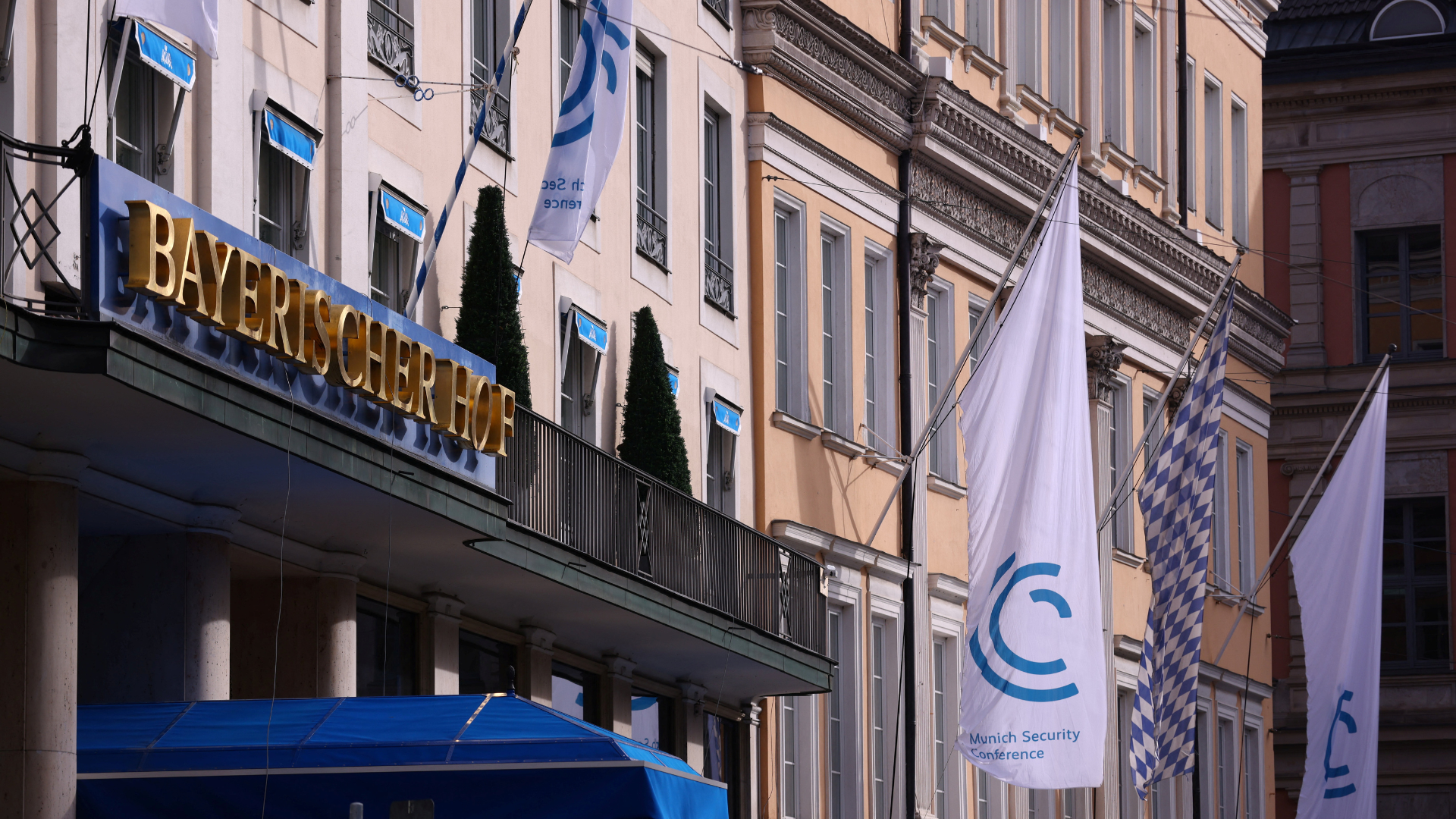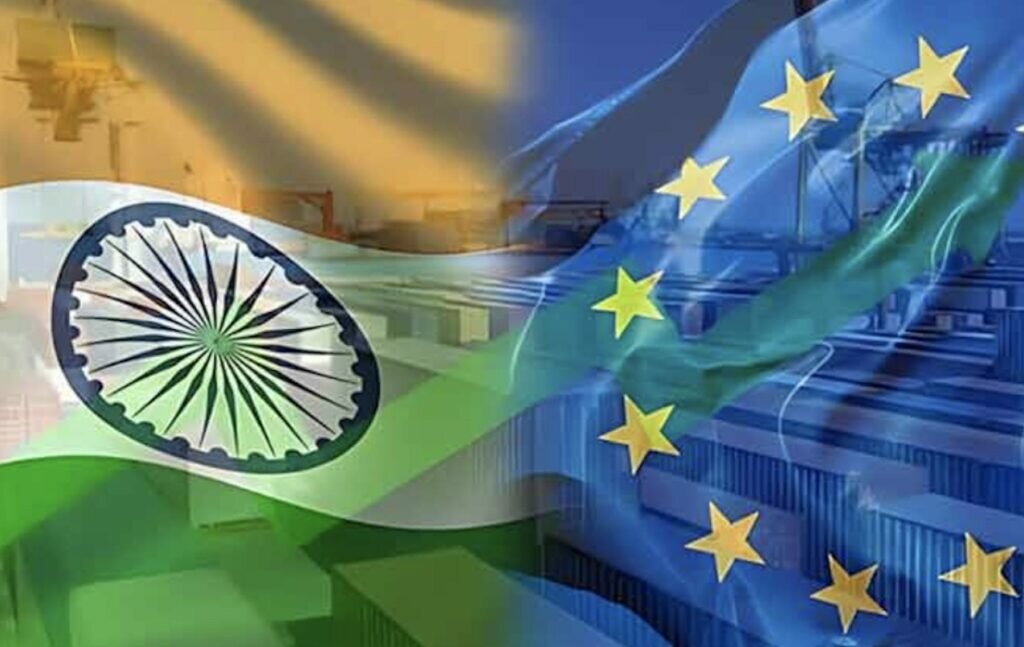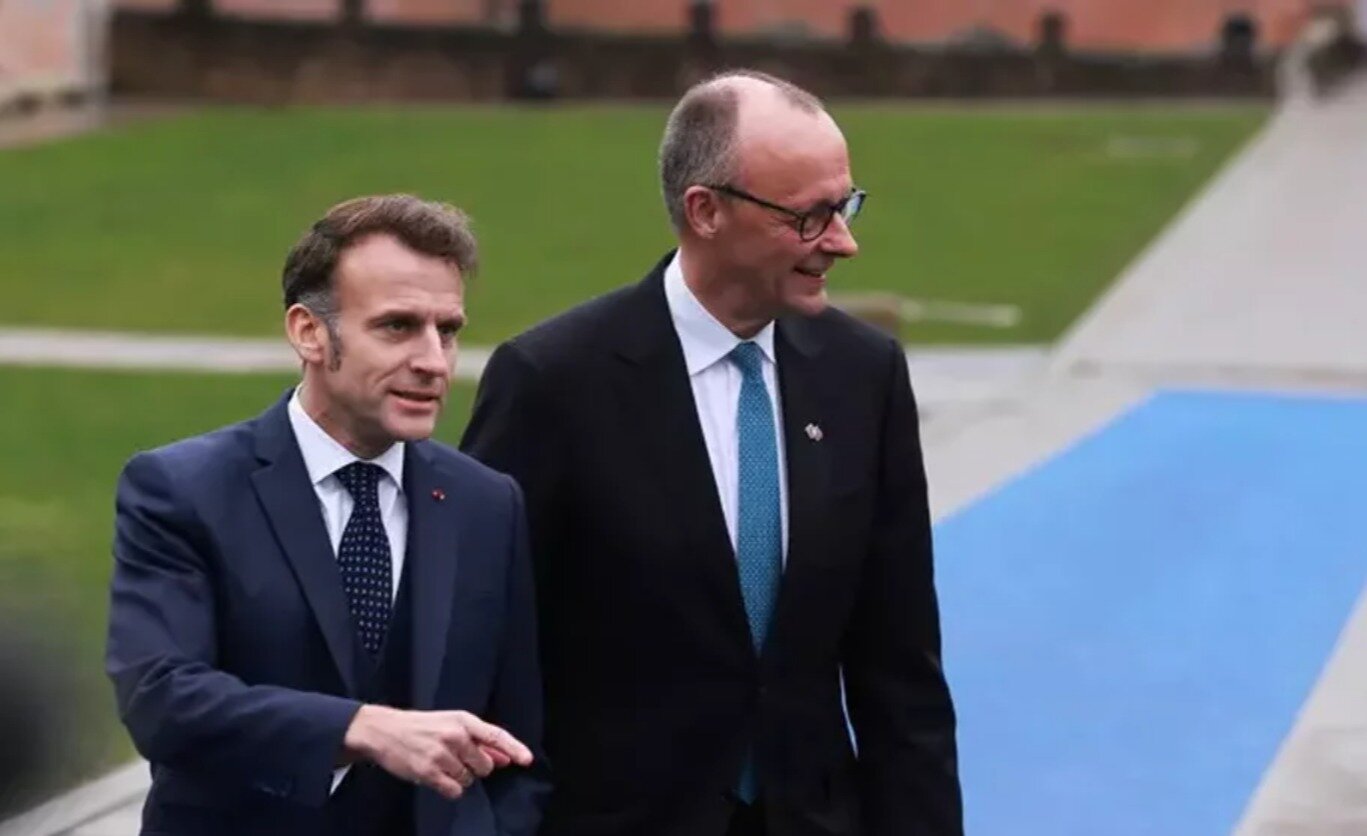EN - On August 20, in Dresden, Ursula von der Leyen inaugurated the construction of the new European Semiconductor Manufacturing Company (ESMC) microchip plant, which will begin production in 2027.
The factory will operate as an open foundry, i.e. as a manufacturer on behalf of other companies, and is the result of a joint venture between the German companies Bosch and Infineon, the Dutch NXP and the giant TSMC, leader in semiconductors in Taiwan. The plant and its related industries will create a total of 11,000 new jobs, both in Dresden and in the Silicon Saxony district, as well as throughout the Union. The European Chips Act will guarantee ‚ā¨5 billion in subsidies for the ‚ā¨10 billion plan with which Germany will increase its share of the semiconductor market, ensuring widespread access to low-energy chips from Dresden, including for small companies and startups.
 
IT - Il 20 agosto, a Dresda, Ursula von der Leyen ha inaugurato i lavori per la costruzione del nuovo stabilimento di microchip European Semiconductor Manufacturing Company (ESMC) che avvierà l’inizio della produzione nel 2027.
La fabbrica opererà come una open foundry, ovvero come produttore per conti di altre società, e nasce da una joint venture tra le tedesche Bosch e Infineon, l’olandese NXP e il colosso TSMC, leader a Taiwan dei semiconduttori. Lo stabilimento e il suo indotto porteranno a complessivi 11 mila nuovi posti di lavoro, sia a Dresda che nel distretto della Silicon Saxony nonchè in tutta l'Unione. Il Chips Act europeo garantirà 5 miliardi di euro di sussidi al piano da 10 miliardi di euro con cui la Germania accrescerà la sua quota di mercato dei semiconduttori, garantendo da Dresda un accesso diffuso a chip a basso consumo energetico, anche da parte di piccole aziende e startup. Non è l'unico sito nel settore. Nell’Est del Paese, a Magdeburgo, l’americana Intel ha annunciato un nuovo investimento a sua volta sostenuto da fondi pubblici tedeschi e europei.
 
Von der Leyen fiduciosa sulle prospettive
Secondo la Presidente della Commissione europea ‚Äúsi tratta di un riconoscimento per l‚ÄôEuropa, come centro di innovazione globale. Il pi√Ļ grande produttore di chip viene nel nostro continente e unisce le forze con tre campioni europei‚ÄĚ aggiungendo che ‚Äúle aziende europee di chip avranno accesso a nuove tecnologie e capacit√† produttive‚ÄĚ, concludendo che ‚Äúle industrie europee beneficeranno di catene di approvvigionamento locali pi√Ļ affidabili e di nuovi prodotti su misura per le loro esigenze‚ÄĚ.
Per la Commissione lo stabilimento risponde agli obiettivi di una maggiore autonomia nel settore, così come previsto nel Chips Act, mentre la Germania mette un tassello nuovo nel rilancio della sua manifattura.
Olaf Scholz, padrone di casa della cerimonia, si dice entusiasta del progetto di Dresda che √® il pi√Ļ ricco dei 68 differenti progetti nella cornice del Chips Act, in 19 paesi, per i quali sono stati gi√† messi in campo ben 115 miliardi.¬†
 
La Commissione punterà sugli investimenti
La presidente della Commissione, a Dresda, ha annunciato una sua proposta per: ‚Äúun nuovo Fondo europeo per la competitivit√† come parte del nostro nuovo bilancio‚ÄĚ. Esso ‚Äúinvestir√† in tecnologie strategiche e contribuir√† ai nostri importanti progetti di comune interesse europeo‚ÄĚ.
Cresce la consapevolezza ai piani alti del Berlaymont di concerto con le cancellerie europee della necessità di agire speditamente con politiche industriali sui semiconduttori. Il rafforzamento della competitività industriale del sistema europeo è uno dei punti centrali del programma del mandato della Von der Leyen. Impiantare stabilimenti così innovativi è importante per la competitività e la sicurezza dell'Unione, la cui industria è perennemente affamata di chip di alta qualità.
Attraendo gli investimenti, l’Europa può non essere da meno dei grandi produttori come la Cina o nel re-shoring industriale degli Stati Uniti, in un settore strategico in cui le rivalità geopolitiche determinano allocazione e profittabilità degli investimenti.
 
staff @euroeconomie.it








